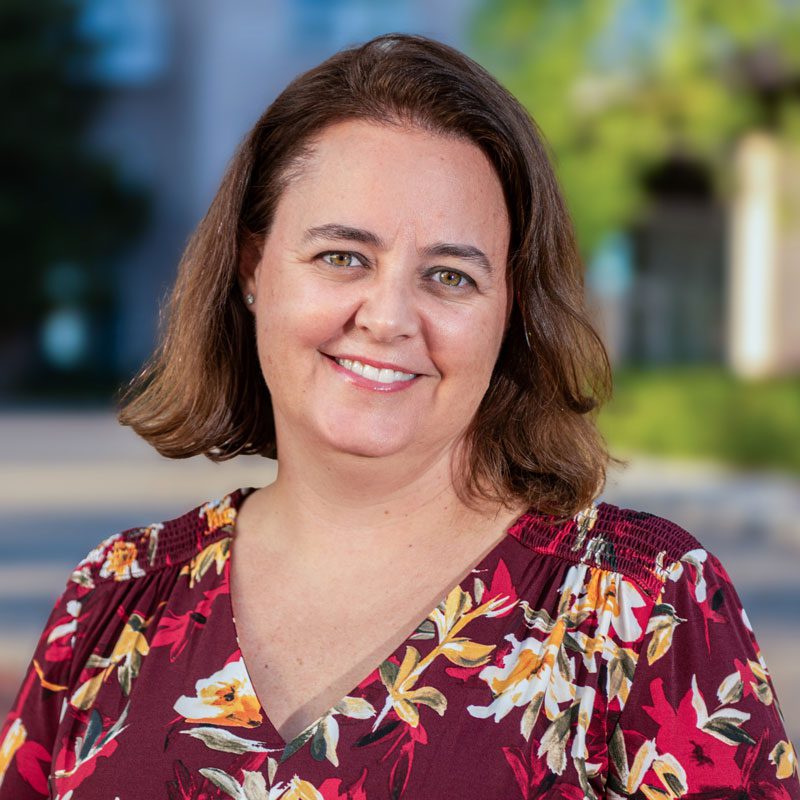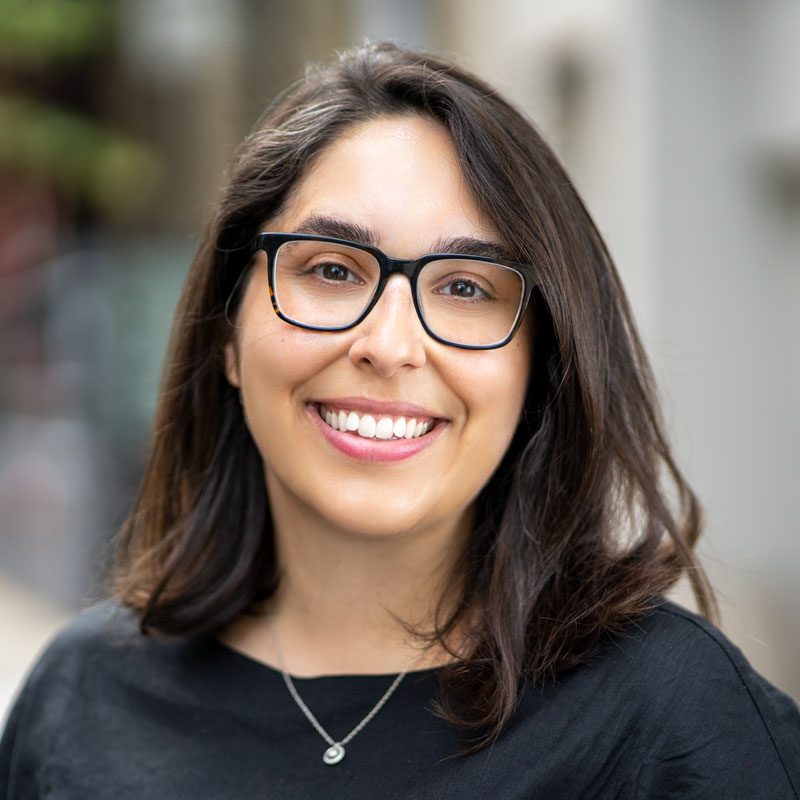Kas works to develop policies and strategies that uplift and protect marginalized groups’ histories, cultures, and communities. She advises clients across sectors on harnessing the power of preservation for economic and community development, sustainability, housing affordability, and representation.
Kas works on issues of history, culture, and equity across disciplines – from planning and policy development for local government, to equity audits of monuments and memorials, to tools to mitigate cultural displacement for large-scale real estate developments. Kas leads all projects with a focus on people, working closely with stakeholders from grassroots community leaders to elected officials. She has extensive experience collaborating with local government staff to develop strategic plans focused on creating equitable outcomes for both government employees and the diverse communities they work in. Recent examples include Los Angeles County Planning’s latest strategic plan, a Historic and Cultural Preservation Strategy for the City of Dallas, and an Equity Audit of Monuments and Memorials for the San Francisco Arts Commission.
Throughout her training and experience, Kas has collaborated with community organizers, planners, real estate developers, designers, policymakers, community-based organizations, and philanthropists, and enjoys bringing everyone to the table and translating across sectors and disciplines to build support for important initiatives.
Before joining HR&A, Kas was a Community Engagement Fellow with the City of Baltimore’s Office of Sustainability and a Special Assistant to the Executive Director of the Center for Community Investment at the Lincoln Institute for Land Policy. She has a lifetime of experience working and volunteering with community-based history museums in Dallas, Texas, Butte, Montana, and Baltimore, Maryland.
Kas holds a B.A. in Architecture and Urban Studies from Yale University and is currently pursuing a Graduate Certificate in Native American Studies from Montana State University. Kas is also a graduate of Downwinders at Risk’s community organizing college (taught by a leading Dallas environmental justice organization).









